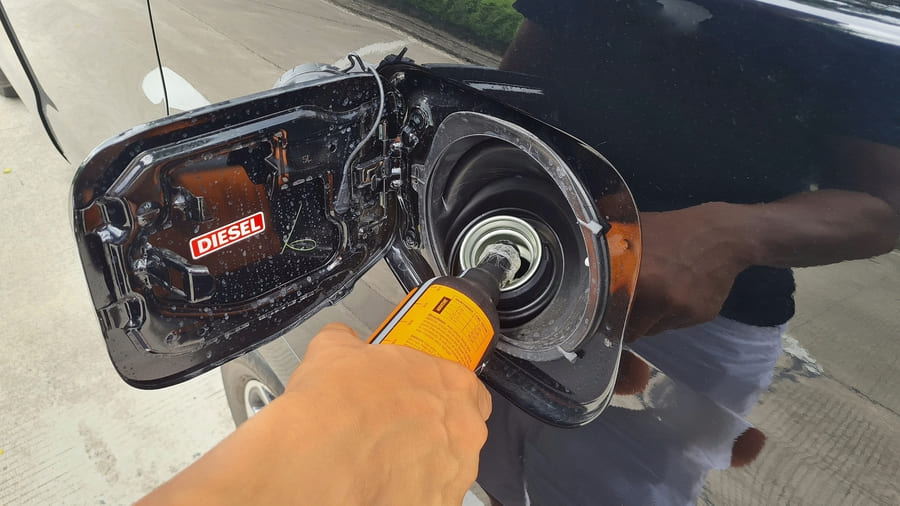
Diesel fuel is more sensitive to the effect of the environment than gasoline. At low temperatures it becomes denser and loses its operating properties. Besides, the service life of the engine and fuel injection equipment in diesel vehicles largely depends on fuel quality. Therefore, many drivers add special additives to the fuel. We will describe these properties and their capabilities in our article.
Four main characteristics of diesel fuel
- Density. Depends on the fuel composition. Changes under the influence of environment temperature, which is due to solidification of paraffins. The denser is the fuel, the higher is engine efficiency.
- Viscosity. Is directly connected with fuel density. To ensure well-timed supply of fuel into the engine in cold season, choose the product with lower viscosity.
Today, depending on the viscosity, the combustible is classified into three types: summer, winter, and Arctic. The pour point of summer fuel is -10°C, but it is recommended to use it at temperatures 0°C and higher. Winter fuel solidifies at the temperatures between -35°C and -45 °C, Arctic fuel – at -55°C. Never use summer fuel in winter: due to its solidification, fuel filter and line may get clogged. To lower the pour point of the fuel, it undergoes dewaxing, which, however, leads to decreasing the cetane number and increases the cost of the final product.
- The cetane number. Determines the delay of the fuel mixture combustion. The higher the cetane number is, the shorter the combustion delay, and the smoother is the fuel burning. Decreasing the cetane number promotes decreasing density and viscosity of the fuel, but also increases the wear of the fuel system components.
- Sulfur percentage. It determines the longevity of components of the cylinder-piston group, and the level of exhaust toxicity. The lower this indicator, the less soot is formed in the engine and the exhaust system, and the less harmful substances in exhaust. However, presence of sulfur improves fuel lubricity. The maximum percentage of sulfur is regulated by legislation.
Types of diesel fuel additives
To improve fuel characteristics, various additives are used — chemicals which, by reacting with the components of the fuel, catalyze or inhibit various chemical processes. The additives are often complex, and serve several purposes at once.
Currently, the most popular are:- Combustion modifiers. Raise the cetane number. Shorten cold start and reduce smoke emission. Contribute to increasing engine power. In the process of decomposition of the molecules of these products, highly flammable free radicals are formed, which ignite the fuel. They are only efficient in the initial stage of engine operation. These include, for example, Liqui Moly Systempflege Diesel, Wynn’s Diesel Cetane Plus, Wynn’s Supremium Diesel, Liqui Moly Super Diesel Additiv.
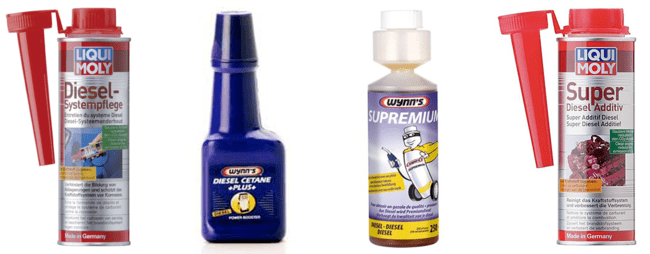
- Burning modifiers. These include anti-smoke, anti-deposit and anti-soot additives. These products have catalytic effect on soot burning off, and change its structure. They reduce smokiness of the exhaust, prevent wear of the engine and the exhaust system, and prevent premature clogging of the particulate filter. The most well-known products in this group are: Liqui Moly Diesel Russ-Stop, Wynn’s Clean Burn Diesel, Marly Diesel Booster, Liqui Moly Super Diesel Additiv and others.
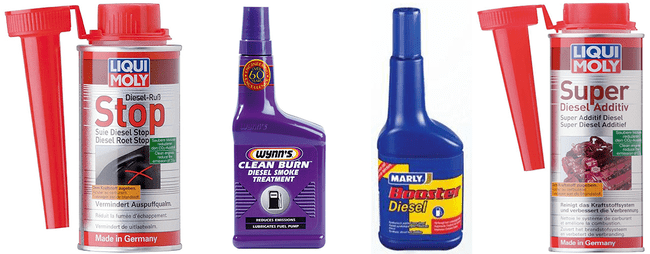
- Washing products. They dissolve deposits in the engine injection system and the catalyst, keeping them suspended, prevent formation of new deposit, and contribute to cleaning the EGR valve. The most popular products in this category are Wynn’s Diesel Turbo Cleaner, Liqui Moly Diesel-Spulung, BIZOL Diesel System Clean+ d60, Motul Engine Clean and others.
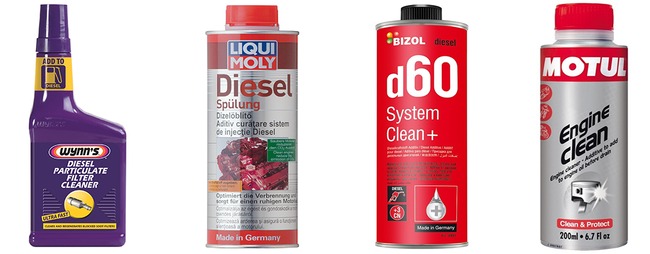
- Antiwear. They improve the lubricating properties of the fuel. They prevent wear of the engine, increase its efficiency, and improve performance. They help reducing fuel consumption, and ensure low-noise operation of the engine. Examples of products in these categories are Liqui Moly Speed Diesel Zusatz и Liqui Moly Super Diesel Additiv, MARLY CTi Diesel.
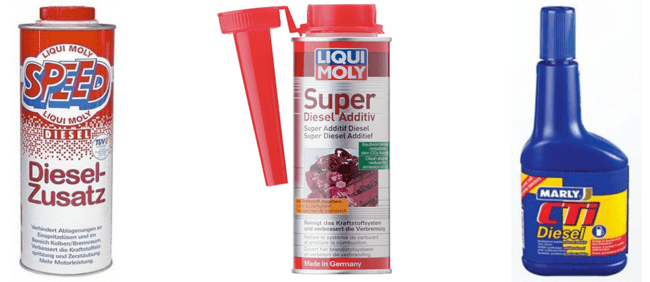
- Antigel. They improve low temperature properties of the diesel fuel, prevent its solidification, and prevent clogging of the fuel filter and line. The most known in this category are Dee-Zol Concentrate Diesel Treatment, Mannol Winter Diesel, Liqui Moly Diesel fliess-fit and others.
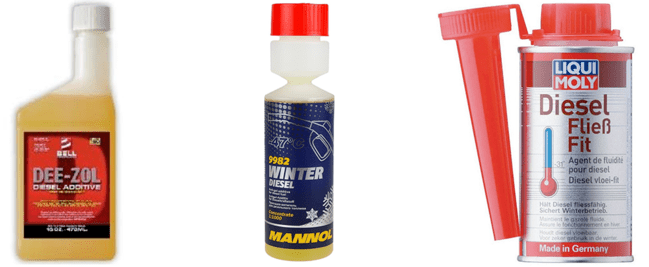
Conclusion. The use of various additives allows to significantly improve quality of diesel fuel, helps preventing wear of the engine, helps cleaning the fuel system, and improves operating characteristics of the engine in all operating modes. However, the advantages of using these products become visible only in case if you choose the fuel according to the specification of your vehicle, and to the environmental conditions. For example, you cannot use summer fuel at low temperatures by simply adding antigel additives to it. When choosing an additive, carefully read instructions, and make use of services of our Internet shop support team: this way, you will be able to choose the most efficient additive for the diesel engine of your car.





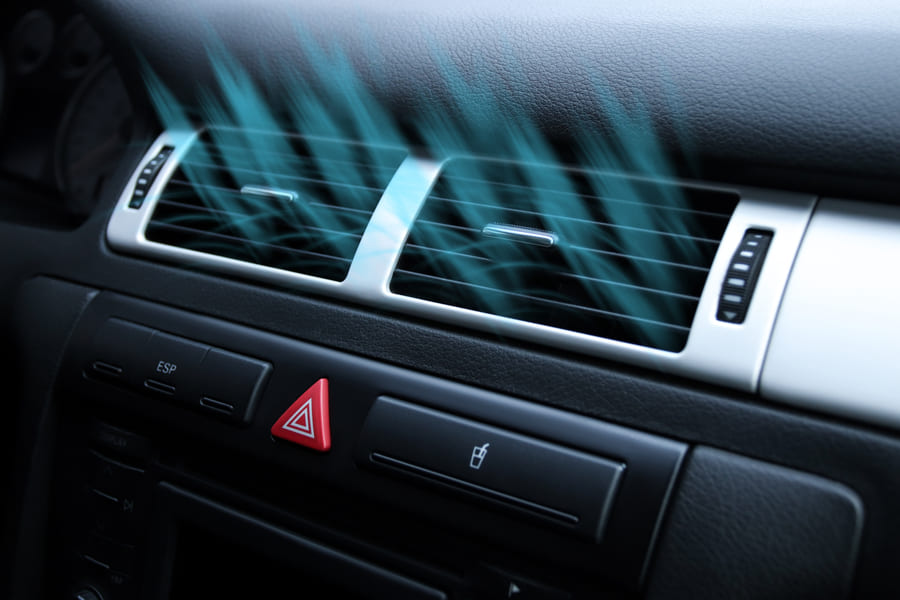


Comment